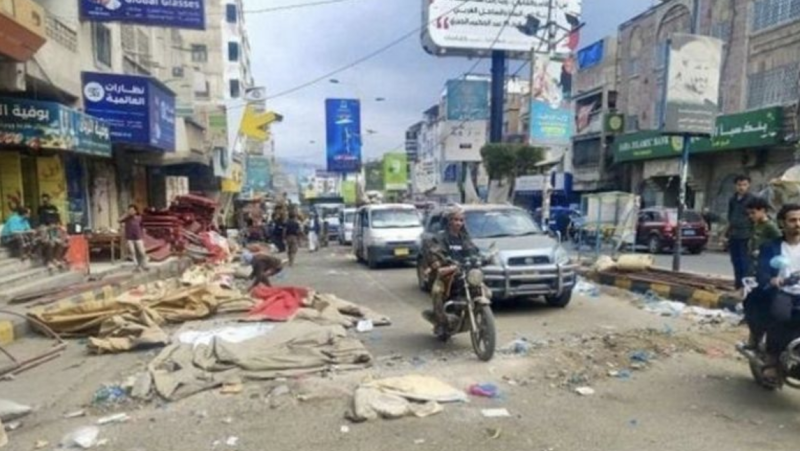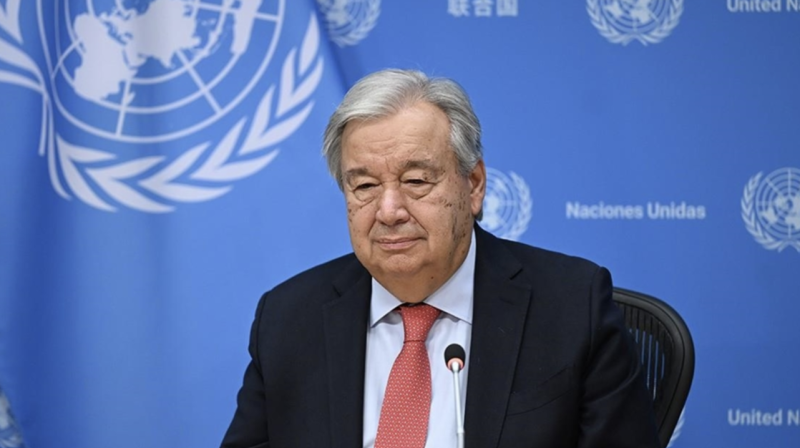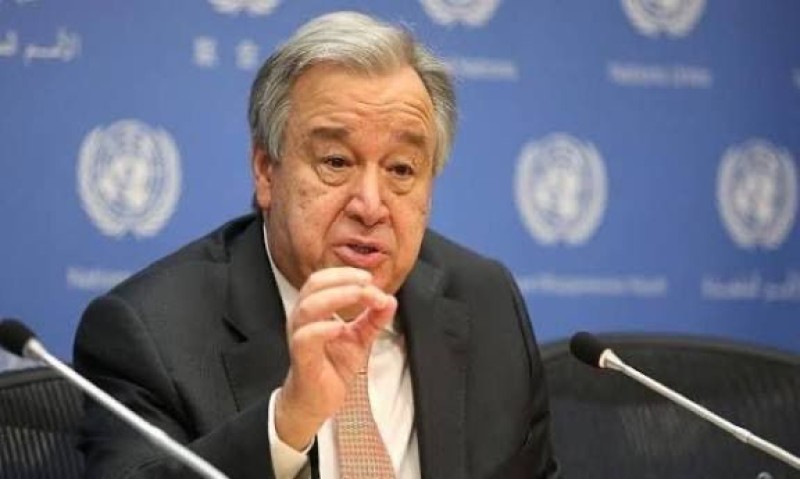Biden hailed Yemen truce in Saudi visit, but war is far from over


President Biden hailed his visit to Saudi Arabia last week, pushing back against criticism of his smiling sit-downs with Crown Prince Mohammed bin Salman and other autocrats while citing progress toward ending the Persian Gulf kingdom’s war in Yemen.
The president described success in securing a Saudi commitment to extending a nearly four-month U.N.-mediated truce — a deal that has yielded the longest pause in fighting since a Saudi-led military coalition entered the conflict in 2015 — as one example of what he called “active, principled American leadership” in the Middle East.
But with that truce set to expire on Aug. 2, warring parties appear far apart, Western nations’ leverage over Iranian-backed Houthi rebels remains slim and a political solution to the conflict is not on the horizon — intensifying questions about whether the U.S.-backed peace effort can succeed.
The stakes are perilously high. While the existing truce has halted most of the airstrikes and other violent acts that have killed thousands of civilians, a surge in global food prices caused by the war in Ukraine has deepened Yemen’s slow-building humanitarian catastrophe, thrusting tens of thousands into famine-like conditions.
And in Yemen’s fragile state, every violation of the truce adds to worries of a sudden, violent collapse. On Sunday, Houthi shelling of a neighborhood in Taiz, a flash point city, raised such fears. The shelling killed at least one boy and injured 11 other children, most under the age of 10, according to the United Nations and Mwatana, a human rights group.
Pictures of wounded children and their bloodied sandals circulated on the internet, causing outrage and prompting a stern condemnation from the U.N. special envoy to Yemen, Hans Grundberg, who brokered the truce and is now trying to negotiate an expanded version.
Ahead of Biden’s talks with Arab leaders in the Saudi city of Jiddah, human rights advocates urged him to press the Saudi crown prince over what U.S. intelligence agencies said was his role in the 2018 killing of Washington Post contributor Jamal Khashoggi, along with the kingdom’s record of harassing and jailing dissidents.
Some critics derided the White House’s attempt in the lead-up to Biden’s visit to highlight its effort to end the war — which has included an 18-month, behind-the-scenes diplomatic push — as a fig leaf for a visit that was aimed chiefly at healing a rift with gulf nations and boosting global oil supplies.
One official with a nongovernmental group, who like others spoke on the condition of anonymity to speak freely, said the administration failed to publicly acknowledge Saudi Arabia’s role in the war and its record of bombing Yemeni civilians.
“They’re instrumentalizing the Yemen war to brandish Saudi Arabia’s human rights file, which fails both Yemen and the human rights agenda,” the official said.
The conflict began in 2014, when the Houthis, a militant group from northern Yemen that had fought several wars against the central government, seized control of Sanaa, the Yemeni capital. A military coalition led by Saudi Arabia and the United Arab Emirates intervened the next year, aiming to defeat the Houthis and restore the country’s deposed president.
Within a few years, the war settled into a bloody stalemate between the Houthis and Saudi-backed forces, leaving Yemen’s nearly 30 million people at the mercy of multiple deadly perils: from airstrikes, shelling, land mines, hunger and poverty. The truce announced in April was the first since 2016, and was accompanied by the resignation of Yemen’s Saudi-backed president, Abed Rabbo Mansour Hadi, widely viewed as a remote leader and an obstacle to a settlement of the conflict.

Taiz -- A child and another man were killed, while nine others including a young girl were injured on Thursday, December 18, after an explosive dev…

NewYork -- United Nations Secretary-General António Guterres on Wednesday strongly condemned the continued arbitrary detention of UN personn…

New York — United Nations Secretary-General António Guterres told the Security Council that the operating environment in areas under t…